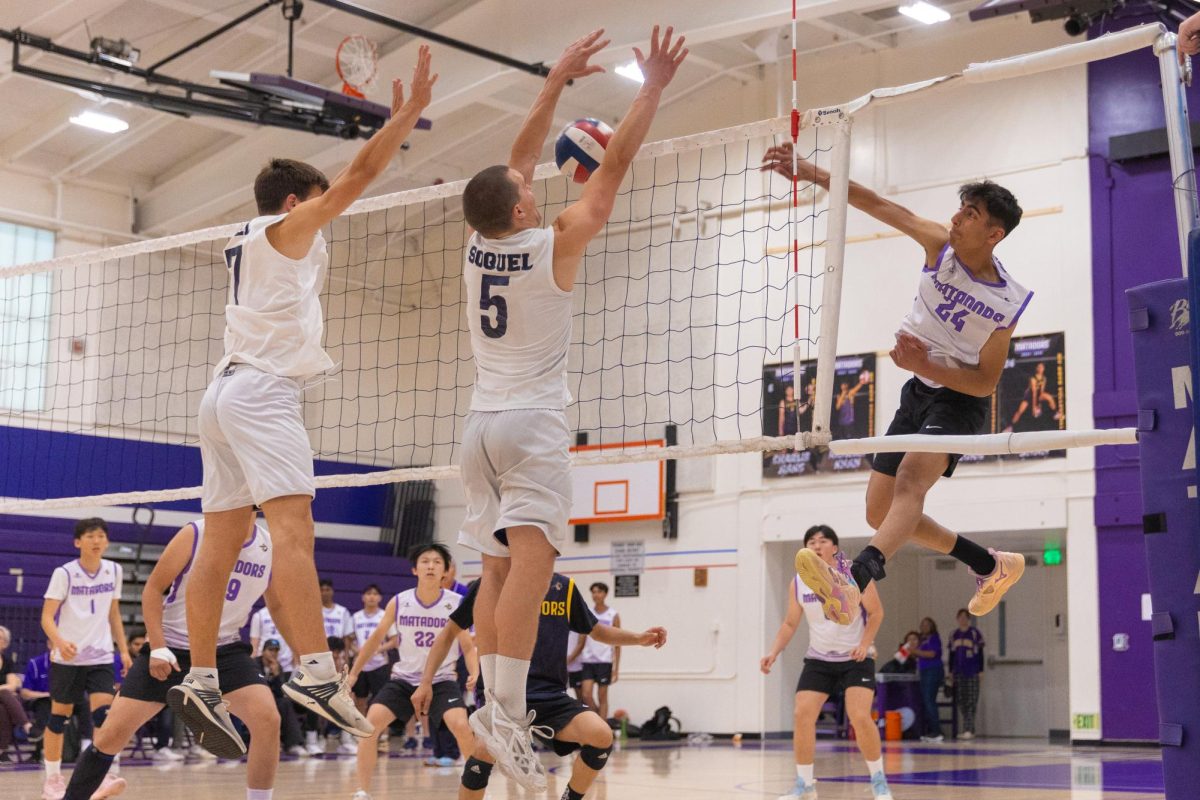Living in the U.S., it’s hard to support the national men’s soccer team. When there are legends such as Messi and Ronaldo — famed as members of their country’s team but also for their roles in FC Barcelona and Real Madrid respectively — I find it easier to focus on La Liga and the Premier League and forget all about American soccer until the World Cup comes around.

The quintessential American sports are football and baseball and, to be completely honest, I doubt many self-proclaimed “sports fans” in the U.S. care about soccer at all.
Maybe soccer never caught on in America because the Major League Soccer didn’t have the stars of other European leagues. Or maybe the U.S. team wasn’t great because the “great” players went to the European leagues to play, leaving behind less iconic athletes who were unable to draw attention away from other sports to soccer.
I love supporting American athletes; every two years, the Olympics are a source of great joy. From me gaping at the screen when I saw the breathtaking wonder that was Simone Biles to my shock at Katie Ledecky’s ability to break records upon records, being a fan of sports in America is exhilarating for the most part. However, men’s soccer is not included in this.
Our team lost to the Trinidad and Tobago team on October 10 and failed to qualify for the World Cup, but there were a lot of other factors that went into their loss — Mexico fell to Honduras and Panama defeated Costa Rica, shifting the rankings and pushing the U.S. out of contention.
The last two games that the U.S. played Trinidad and Tobago this year were shutouts, so I anticipated — and more or less expected — the U.S. team would win, or at the very least, qualify for the World Cup. The last time they didn’t qualify was over 30 years ago. Although there are definitely other countries with significantly stronger teams since then, the U.S. team was able to qualify for the FIFA World Cup at least.
The comments I have heard about this failure to qualify have been amusing. There are conspiracy theories about how Mexico, one of the stronger teams in the competition, may have intentionally lost to Honduras to prevent the U.S. from being able to compete. I heard people joking about how the chain of events was because Mexico was willing due to resentment towards President Trump and his desire to build a wall. Really?

I don’t necessarily know how realistic that is — in other words, I have no clue why those people have such dramatic ideas — but I will admit although I was somewhat caught off guard that the U.S. didn’t qualify, I wasn’t completely shocked. Soccer is meant to be a fast-paced game, full of bright-eyed young athletes. Many other countries continue to bring new, young faces into the starting line-up, but the U.S. team has looked familiar for many years. Maybe that’s why we used to do better than we do now, but all I know is I’m pretty disappointed by their performance.
Though the men’s performance truly let me (and the rest of the nation) down, it hasn’t made me lose all of my national pride for the sport. The U.S. Women’s National Team is great, and they are the reigning FIFA World Cup champions. Even though they are better regarded internationally but still earn less than the men’s team (a topic I could write another whole column about), at least I can support one national soccer team in my country.

Photos courtesy of Creative Commons









